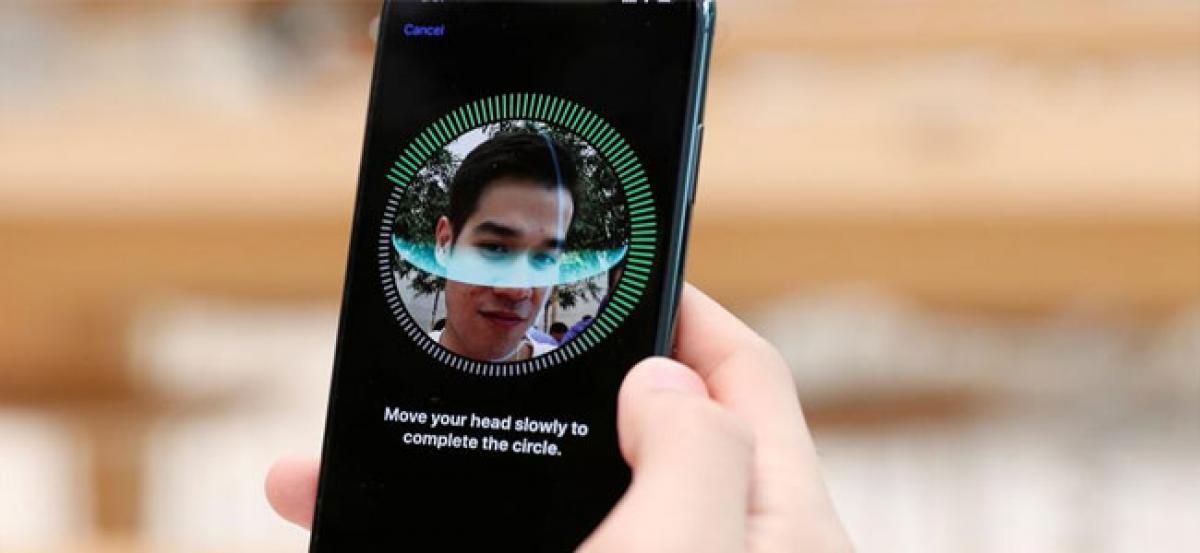Microsoft calls to regulate use of facial recognition technology

Microsoft warns about the potential misuse and abused of facial recognition technology by private companies and public authorities alike
Microsoft warns about the potential misuse and abused of facial recognition technology by private companies and public authorities alike.
At a time when facial recognition technology is fast becoming a part of our lives, Microsoft has become the first tech giant to initiate a call for regulations to limit the technology that can be used for mass surveillance affecting civil liberties.
In a blog post on Friday, Microsoft President Brad Smith said a government initiative to regulate the proper use of facial recognition technology is the need of the hour.
“We believe US Congress should create a bipartisan expert commission to assess the best way to regulate the use of facial recognition technology in the US,” Smith said.
The purpose of such a commission “should include advice to Congress on what types of new laws and regulations are needed, as well as stronger practices to ensure proper congressional oversight of this technology across the executive branch”, the Microsoft President noted.
Several tech companies, including Microsoft, have utilised face-recognition technology in the past several years to turn time-consuming work to catalogue photos into something both instantaneous and useful.
However, Microsoft has already rejected requests to deploy the technology in situations involving “human rights risks”, Smith informed.
Smith earlier called for a new digital Geneva Convention that commits governments to defending and protecting civilians from state-sponsored cyber-attacks.
“We live in a nation of laws, and the government needs to play an important role in regulating facial recognition technology.
“A world with vigorous regulation of products that are useful but potentially troubling is better than a world devoid of legal standards,” Smith suggested.
The computer-assisted facial recognition can recognise people’s faces from a photo or through a camera. This technology can catalog your photos, help reunite families or potentially be misused and abused by private companies and public authorities alike.
“Facial recognition technology raises issues that go to the heart of fundamental human rights protections like privacy and freedom of expression,” Smith wrote.
In recent weeks, a group of Amazon employees objected to its contract with the Immigration and Customs Enforcement (ICE), while reiterating concerns raised by the American Civil Liberties Union (ACLU) about law enforcement’s use of facial recognition technology.
IT company Salesforce’s employees have raised the same issues related to immigration authorities and these agencies’ use of their products.
“Demands increasingly are surfacing for tech companies to limit the way government agencies use facial recognition and other technology,” Smith said.
The only effective way to manage the use of technology by a government is for the government proactively to manage this use itself, the Microsoft President added.
Issues relating to facial recognition go well beyond the borders of the US and “it requires active engagement by governments, academics, tech companies and civil society internationally”.
“As we move forward, we’re committed to establishing a transparent set of principles for facial recognition technology that we will share with the public,” Smith informed.







